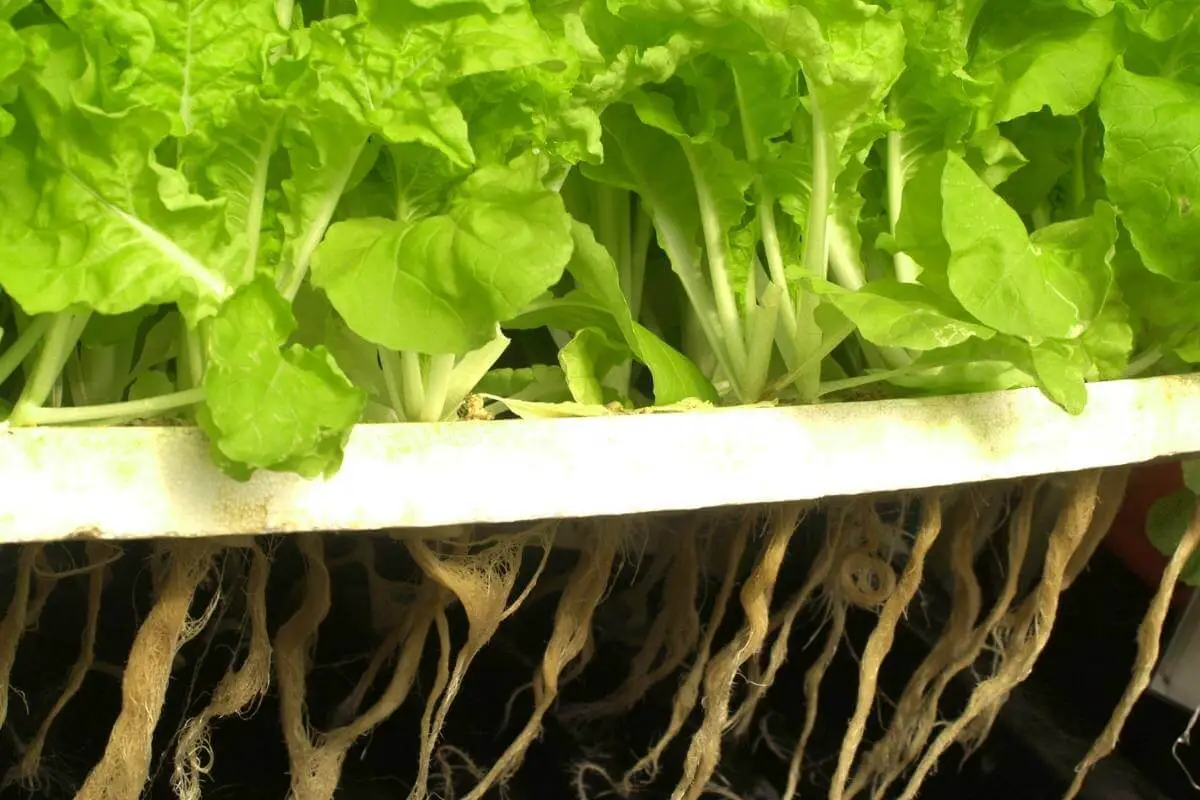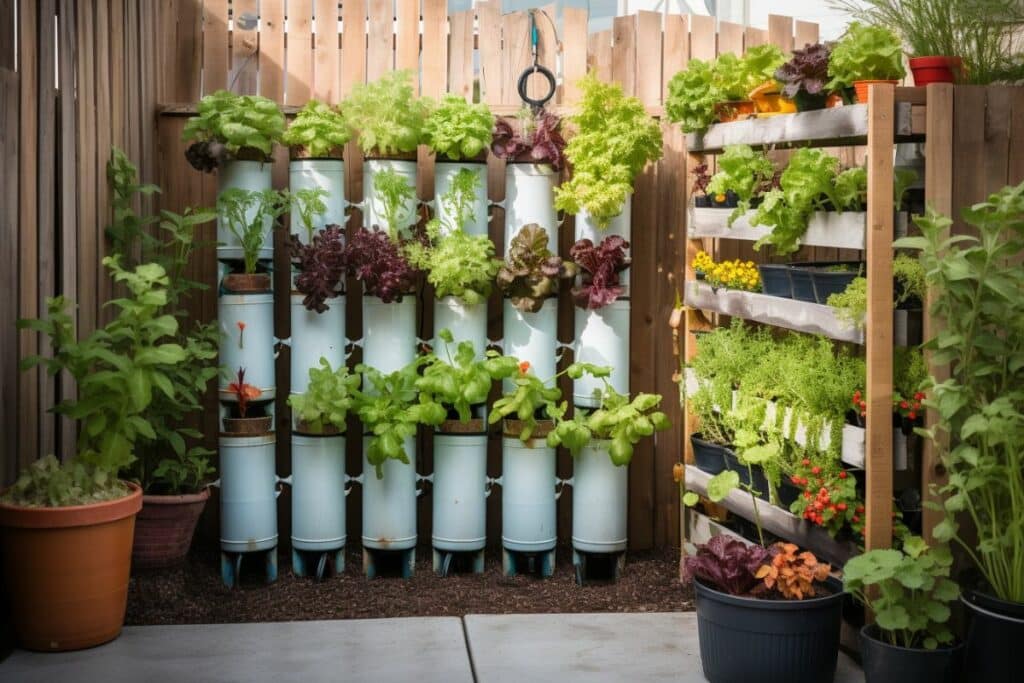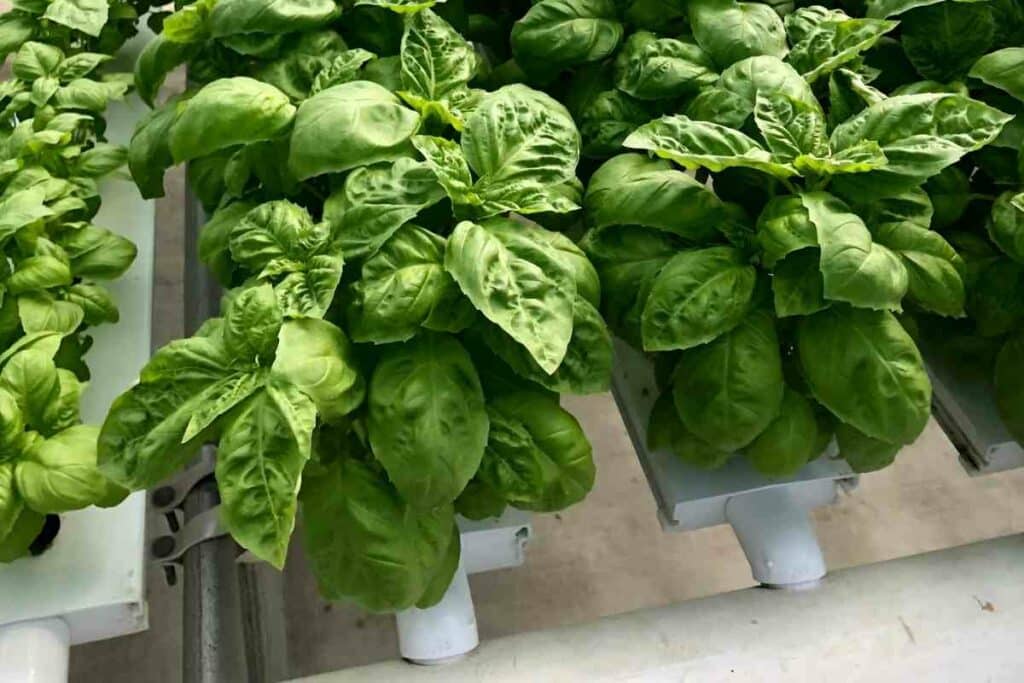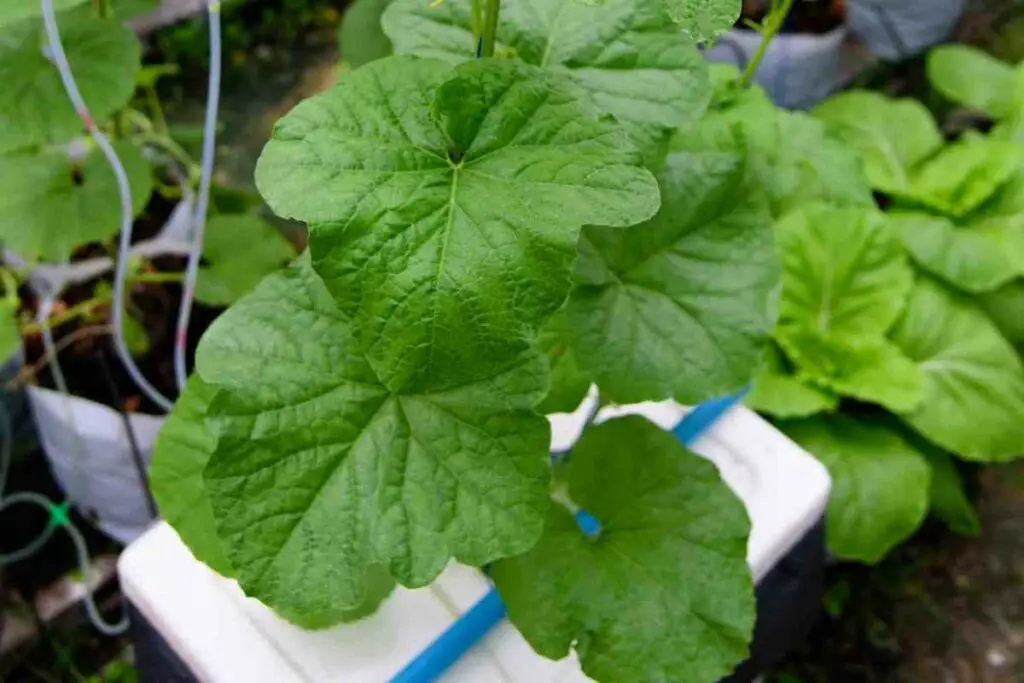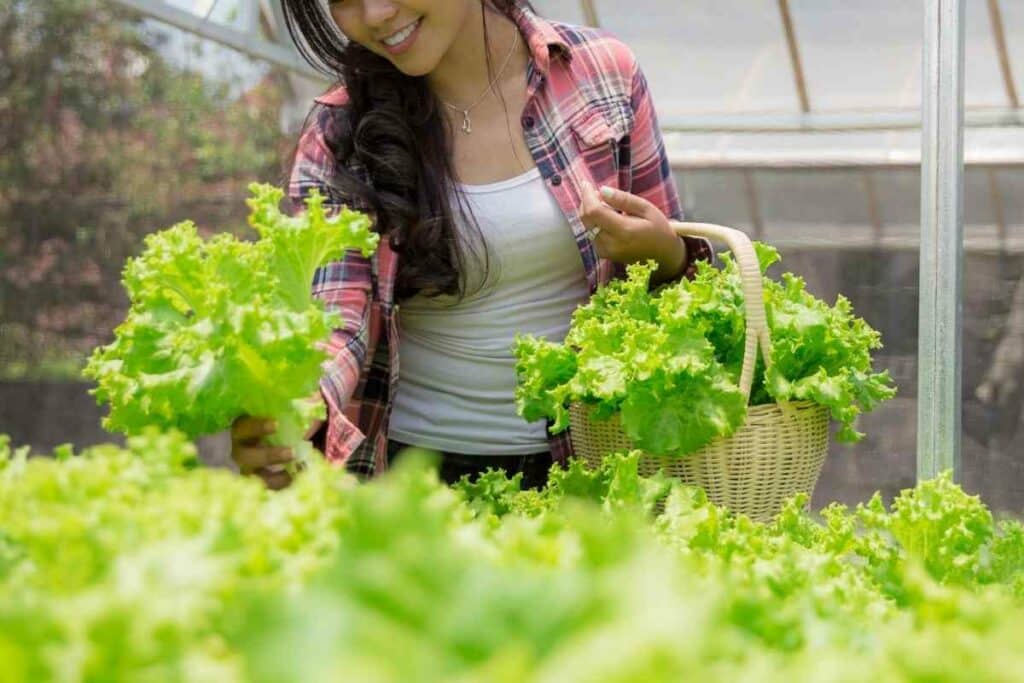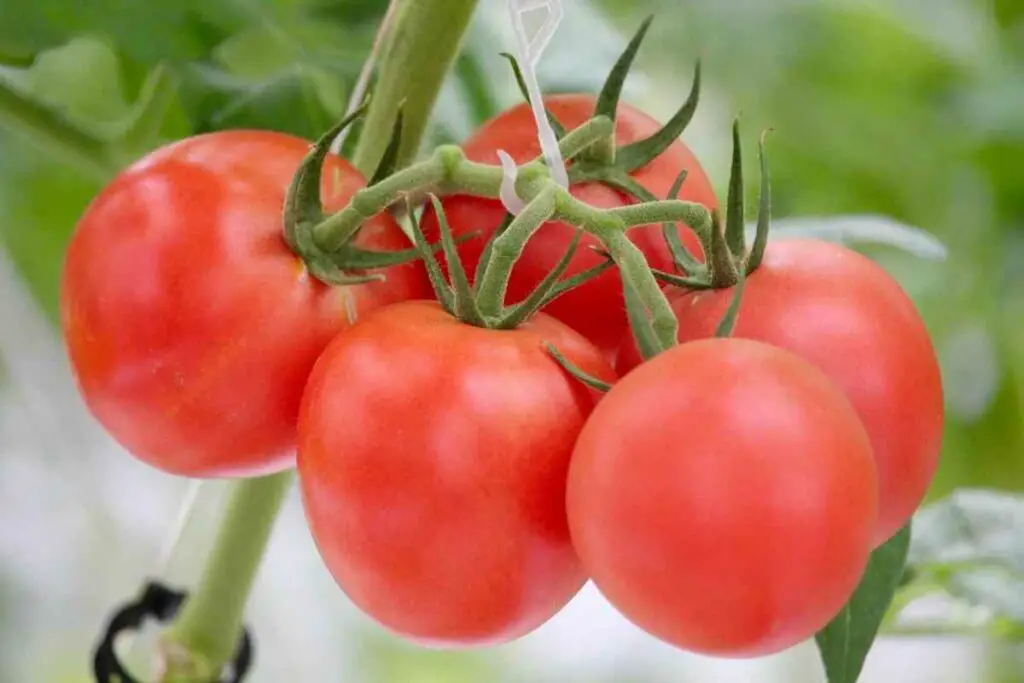With the growing global population, food security has become a significant issue.
Soil farming seems to be the more natural way to grow your crops.
However, hydroponic gardening is a better and sustainable option that produces tastier plants and faster.
Historically, hydroponic systems date back to the Floating Gardens in China and the Hanging Gardens of Babylon.
The general hydroponics principle of soilless farming remains the same, but modern technology has improved the processes and systems for faster plant growth and healthier crops.
What is Hydroponics?
Hydroponics is growing crops without soil, using nutrient solutions, and in a more controlled environment.
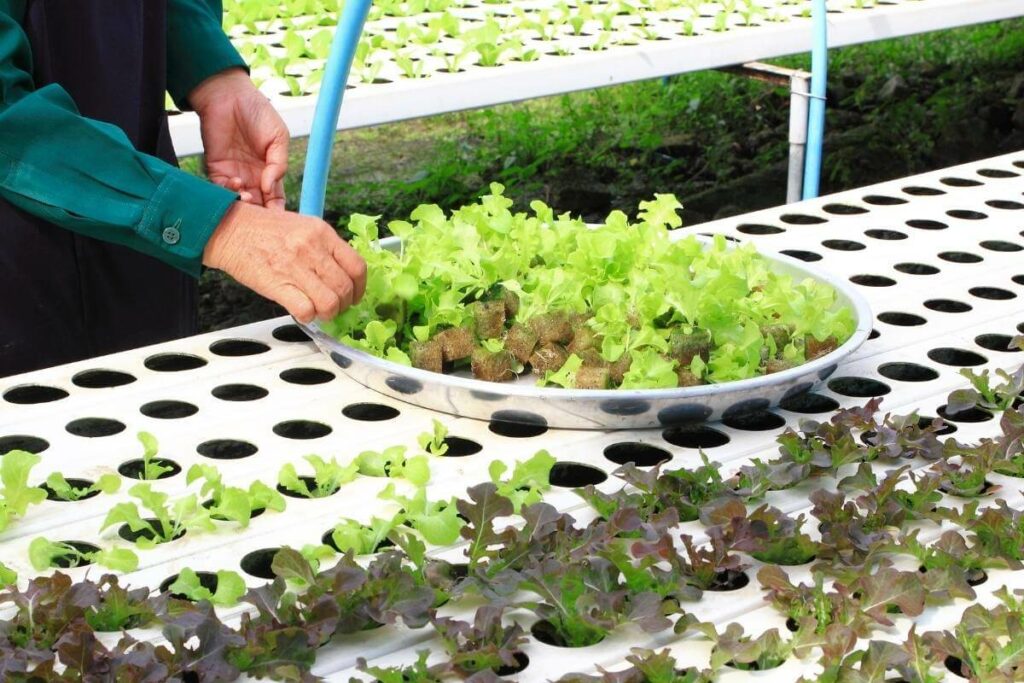
Unlike the traditional farming system, where plants get all their nutrients from the soil, a hydroponic garden provides the same nutrients the plants need without sunlight or soil.
There are a number of advantages of hydroponic farming over soil-based gardening.
These benefits include:
- fewer pests, diseases, or weeds
- improved crop quality
- less space
- reduced water use
- environmentally friendly
- less use of herbicides and pesticides
Do Hydroponic Plants Grow Faster?
Yes, hydroponic plants grow 30%-50% faster than soil-grown plants. One of the most notable benefits of hydroponic gardening is a faster and consistent crop growth rate. Research by Raneem Gashgar et al. proves that plants in a hydroponic system can achieve 20-25% higher yields than in a soil-based system with productivity of 2-5 times higher.
Why Do Plants Grow Faster in a Hydroponic System?
Plants grow faster in a hydroponic system because they get everything they need in optimum levels and conditions.
Below are all the reasons why hydroponically grown crops have a faster growth rate than soil-based plants.
Better Nutrient Uptake
The primary reason why hydroponic plants grow faster than soil-based plants is because growers can create the perfect pH for the plants to absorb the nutrients efficiently.
The general optimum pH for better nutrient uptake is between 5.5 and 6.5.
Factors such as excess rain affect the soil pH in a soil-based system, which compromises nutrient absorption.
But a hydroponic grower can easily control pH in the hydroponic reservoirs, which eventually maximizes the plants’ nutrient uptake. In turn, proper nutrient absorption allows the plants to grow faster.
Also, since you dissolve the plant nutrients in water in a hydroponic system, the nutrients are easily absorbed and quickly utilized for growth.
But soil plants use more energy and time to break down the nutrients in the soil for absorption, causing slower growth.
Effective Energy Utilization
Typically, a grower distributes nutrients in a soil-based garden widely.
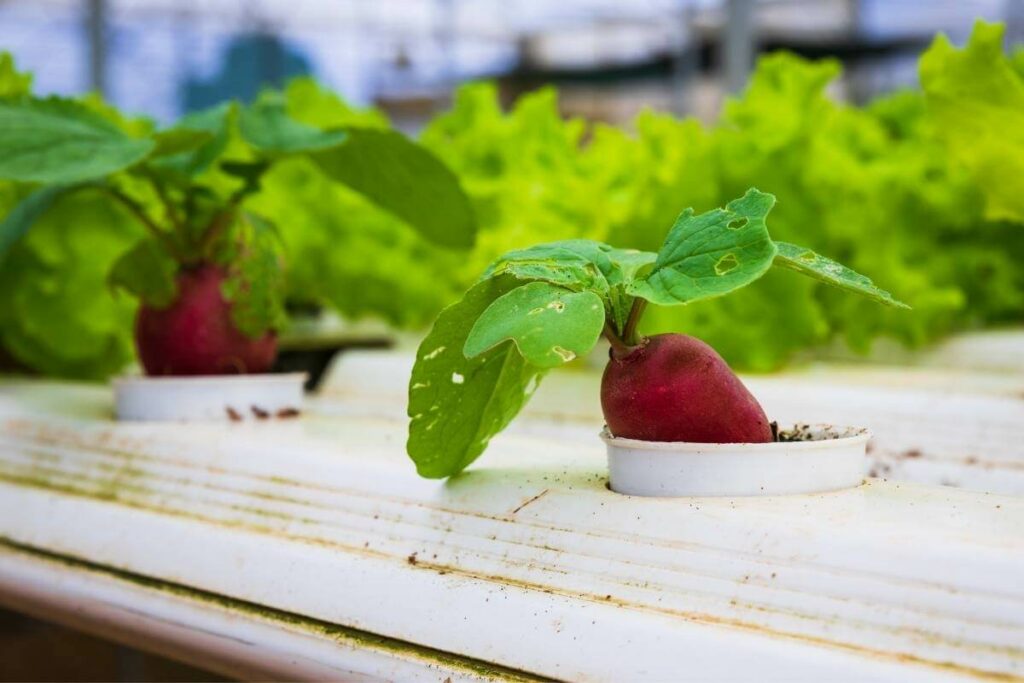
So these plants spend most of their energy extending roots searching for water and nutrients instead of growing.
On the other hand, a hydroponic system has a direct supply of nutrient solutions.
Therefore, the plants utilize their energy for processes that support plant growth.
Controlled Climate by Automated Systems
Crops that grow outside are affected by rain, humidity, sunlight, and other environmental factors.
However, in a hydroponics system, you can create the optimal humidity, water supply, temperature, and sunlight exposure suitable for your plants’ survival.
Key Takeaway: The presence of these ideal conditions allows your plants to grow faster and healthier.
Optimal Aeration
Hydroponic systems utilize growing mediums that allow for maximum oxygen absorption by the roots.
Plants require sufficient oxygen for respiration and energy production for healthy plant growth.
Therefore, good root aeration promotes growth. Proper root growth means maximum nutrient absorption and eventually rapid plant growth.
Lack of Competition
One of the most prominent downsides of soil-based cultivation is dealing with weeds.
Weeds compete with your crops for nutrients and water that plants need for proper growth.
As a result, limited nutrient and water uptake lead to slow growth in plants.
Fortunately, there are no weeds in a hydroponic system.
Therefore, your plants can utilize all the nutrients and moisture you provide and grow fast.
Reduced Risk of Pests and Diseases
A hydroponic system uses a sterile medium that protects the plants from pests and diseases.
Since a hydroponic system is a controlled environment, you can also create conditions that keep pests out and hinder the development of plant diseases.
The absence of crop pests and diseases promotes healthy plants. Healthier plants tend to grow faster.
What Are the Fastest-growing Hydroponic Plants?
Although a hydroponic system offers climate manageability, each crop requires different pH, nutrients, humidity, temperature, aeration for optimum growth.
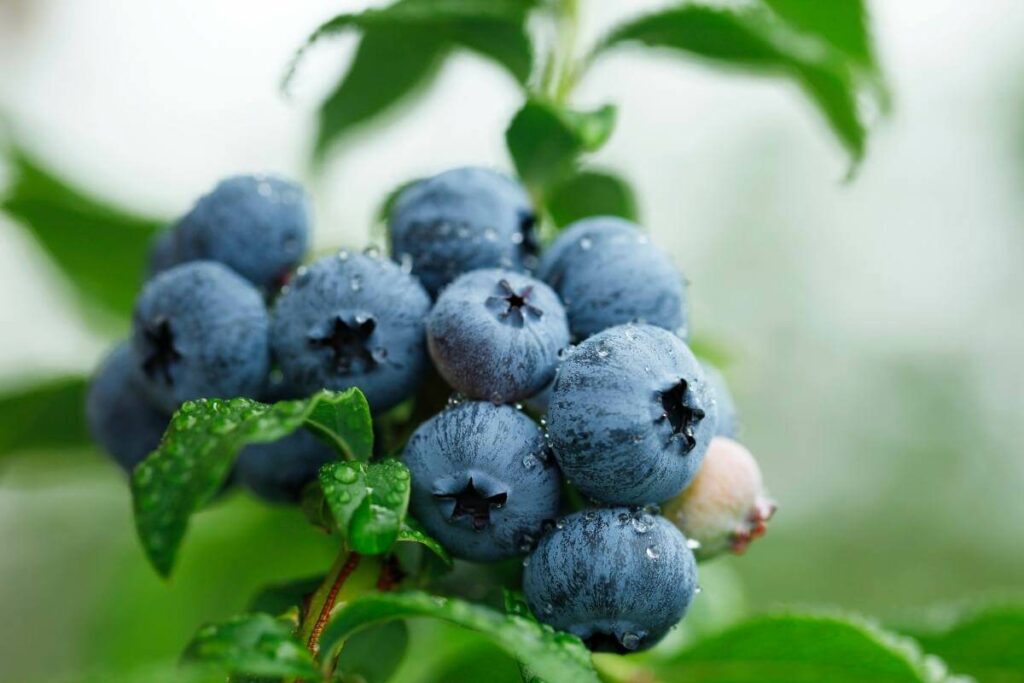
Depending on the hydroponic system you have, you can grow herbs, lettuces, fruits, and flowers.
However, some grow faster.
Here are the fastest-growing hydroponic plants:
Conclusion
In summary, a typical hydroponic system is soilless, has controlled pH, optimum nutrient supply, maximum aeration, absence of pests, diseases, and weeds.
So creating optimal growing conditions in a hydroponic garden allows faster plant maturity and a healthier harvest than soil cultivation.
